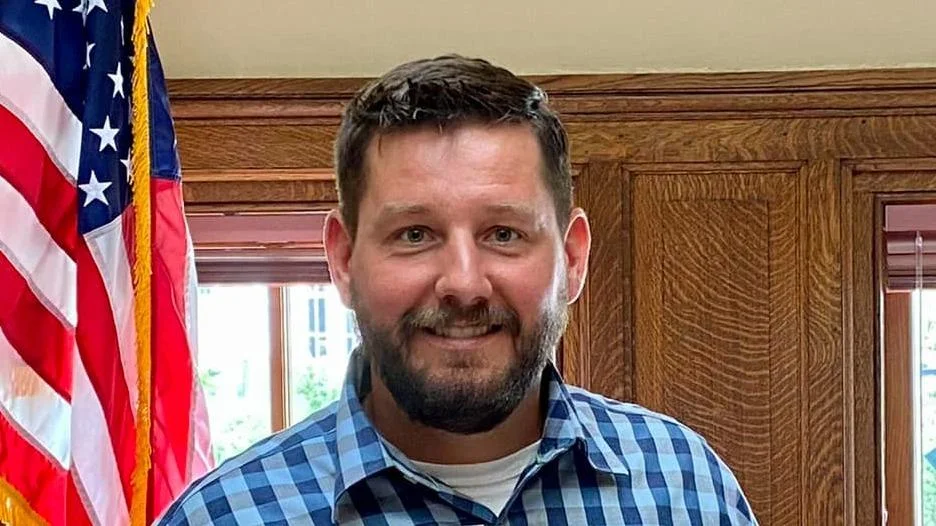Elijah Behnke, Wisconsin State Representative for 6th District | Facebook
Elijah Behnke, Wisconsin State Representative for 6th District | Facebook
According to the Wisconsin State Legislature's official website, the bill was described as follows: "law enforcement and firefighter annuitants in the Wisconsin Retirement System who are rehired by a participating employer. (FE)".
The following is our breakdown, based on the actual bill text, and may include interpretation to clarify its provisions.
In essence, this bill introduces an exception to the suspension of the Wisconsin Retirement System (WRS) annuities for retired law enforcement officers and firefighters who are rehired by a participating employer. Currently, retirees receiving WRS benefits who return to a WRS-covered position must suspend their annuities. The bill allows these retirees to continue receiving their annuities if they meet certain conditions: they must not have an agreement to return to work when they initially retire, and they must choose not to become participating employees again upon re-employment. This provision first applies to individuals terminating employment on the bill's effective date.
The bill was co-authored by Senator André Jacque (Republican-1st District), Representative Russell Goodwin (Democrat-12th District), Representative Jenna Jacobson (Democrat-50th District), Representative Rob Kreibich (Republican-28th District), and Representative Dave Maxey (Republican-83rd District). It was co-sponsored by Senator Julian Bradley (Republican-28th District), Senator Rachael Cabral-Guevara (Republican-19th District), and Senator Jodi Habush Sinykin (Democrat-8th District), along with seven other co-sponsors.
Elijah R. Behnke has co-authored or authored another 17 bills since the beginning of the 2025 session, with none of them being enacted.
Behnke graduated from Toccoa Falls College in 2005 with an AA.
Behnke, a Republican, was elected to the Wisconsin State Assembly in 2025 to represent the state's 6th Assembly district, replacing previous state representative Peter Schmidt.
In Wisconsin, the legislative process starts when a senator, constituent, group, or agency proposes an idea for a bill. After drafting, the bill is introduced, numbered, and referred to a committee for review and public input. If approved, it moves through three readings and votes in both the Senate and Assembly. Once both chambers pass the same version, the bill goes to the governor, who can sign it, veto it, or let it become law without a signature. Only a small share of bills introduced each session ultimately become law. You can learn more about the Wisconsin legislative process here.
| Bill Number | Date Introduced | Short Description |
|---|---|---|
| AB36 | 02/17/2025 | Law enforcement and firefighter annuitants in the Wisconsin Retirement System who are rehired by a participating employer. (FE) |
| AB30 | 02/17/2025 | Prohibiting a foreign adversary from acquiring agricultural or forestry land in this state |
| AB26 | 02/17/2025 | Battery or threat to jurors and providing a penalty |
| AB18 | 02/06/2025 | Fee waivers for state park vehicle admission receipts to pupils with Every Kid Outdoors passes. (FE) |
| AB4 | 02/03/2025 | Required instruction in civics in the elementary and high school grades, high school graduation requirements, and private school educational program criteria. (FE) |
| AB3 | 02/03/2025 | Incorporating cursive writing into the state model English language arts standards and requiring cursive writing in elementary grades. (FE) |






 Alerts Sign-up
Alerts Sign-up